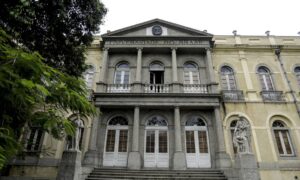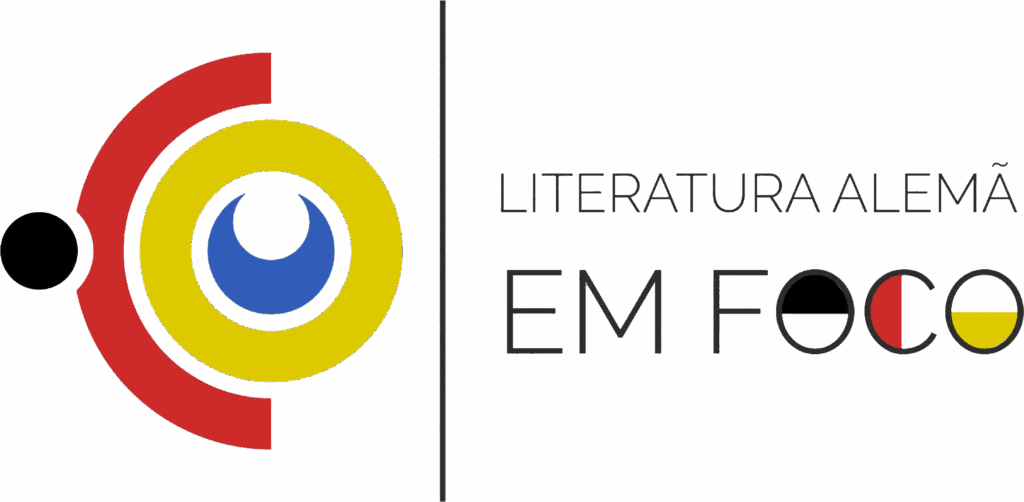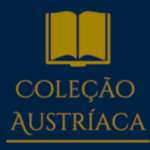The Cæsar Redivivus project originates from teaching experience in the Department of Anglo-Germanic Languages at the Faculty of Letters of UFRJ, especially within the context of the course “German Literature 1 – from the origins to the Baroque.” The initiative resumes the tradition started by Prof. Dr. Álvaro Alfredo Bragança Jr. of working with the text Commentarii de Bello Gallico by Julius Caesar as a starting point for interdisciplinary teaching.
 Faced with students’ difficulties with old translations and the lack of contemporary versions aimed at didactic use, a new partial translation of Books IV and VI of the work was produced, focusing on the Germanic peoples. This initiative was complemented by pedagogical practices from the teaching of Military Strategy and Kriegsspiele (War Games), resulting in the creation of a gamified activity based on a visual model of the Theater of Operations of the Gallic Wars.
Faced with students’ difficulties with old translations and the lack of contemporary versions aimed at didactic use, a new partial translation of Books IV and VI of the work was produced, focusing on the Germanic peoples. This initiative was complemented by pedagogical practices from the teaching of Military Strategy and Kriegsspiele (War Games), resulting in the creation of a gamified activity based on a visual model of the Theater of Operations of the Gallic Wars.
The activity allowed the simulation and understanding of military, political, social, and cultural aspects of the period, yielding notable results: increased interest, greater spontaneous engagement, and participation from students of other courses, especially Latin students.
Given the educational relevance and formative potential of Caesar’s work, the project proposes to revitalize it as a tool for teaching, research, and outreach in Classical Studies, integrating translation, gamification, and Digital Humanities. Linked to the research group of Prof. Dr. Anderson Esteves and aligned with the guidelines of the Graduate Program in Classical Letters (PPGLC), the project aims to:
expand the repertoire of Ancient translations;
develop new methodologies for teaching Latin;
disseminate inclusive digital practices aligned with the National Science, Technology & Innovation Strategy.
Through this approach, we aim to democratize access to knowledge, promote academic and professional inclusion, and contribute to the renewal of Classical Studies in Brazil.





